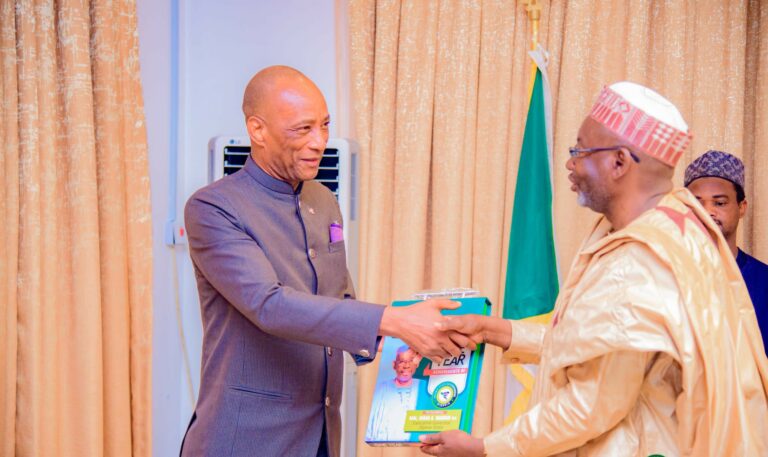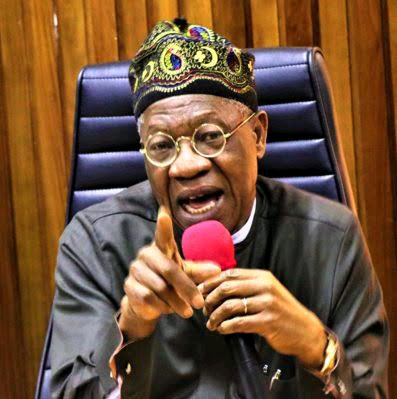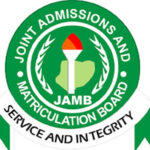Liberia, Jigawa State Partner to Boost Rice Production in West Africa

The Republic of Liberia has announced plans to partner with the Jigawa State government on rice farming as part of efforts to increase domestic production, reduce dependence on imports, and enhance food security across the West African region.
The initiative was revealed on Tuesday evening when Liberia’s Deputy Minister of Agriculture, David Akoi, led a delegation to Governor Malam Umar Namadi at the Government House in Dutse, the Jigawa State capital.
Akoi expressed the Liberian government’s interest in learning from Jigawa’s agricultural success, particularly in rice production. He noted that rice is a staple food in Liberia, consumed three to four times daily, yet the country still imports about 70 percent of its rice needs.
“The Liberian government is determined to change this narrative and produce at least 70 percent of its consumption needs,” he said.
The deputy minister explained that President Joseph Boakai had specifically directed the visit to Jigawa to study its rice value chain and replicate its strategies back home. He also recalled Liberia’s turbulent history with rice shortages, referencing the 1979 rice riots that led to the overthrow of President William R. Tolbert, underscoring the political and economic importance of the crop.
“By partnering with Jigawa, Liberia hopes to transform its rice value chain and increase domestic production. This collaboration could have a positive impact on Liberia’s economy and food security,” Akoi said.
In his response, Governor Namadi commended the Liberian delegation for selecting Jigawa as a model for their agricultural study tour, emphasising that agriculture remains the backbone of the state’s economy.
He highlighted that rice production in the state has grown significantly, from about 60,000–70,000 hectares in 2023 to over 200,000 hectares in 2024, with a target of producing close to 300,000 hectares this year. He also expressed confidence that Jigawa could contribute up to 50 percent of Nigeria’s rice needs by 2030.
Namadi attributed the state’s progress to its commitment to irrigation farming, which has helped combat climate change and ensure year-round production. He noted that the government had revitalised existing irrigation dams, expanding cultivation by over 4,500 hectares.
The governor also pointed to major investments in mechanisation, including the procurement of 300 new tractors, 60 combined harvesters, and 150 planters, with each of the state’s 30 constituencies equipped with at least 10 tractors for subsidised hire to smallholder farmers.
He assured the Liberian delegation of Jigawa’s readiness to share expertise and work closely with them to strengthen agricultural production in both territories.









